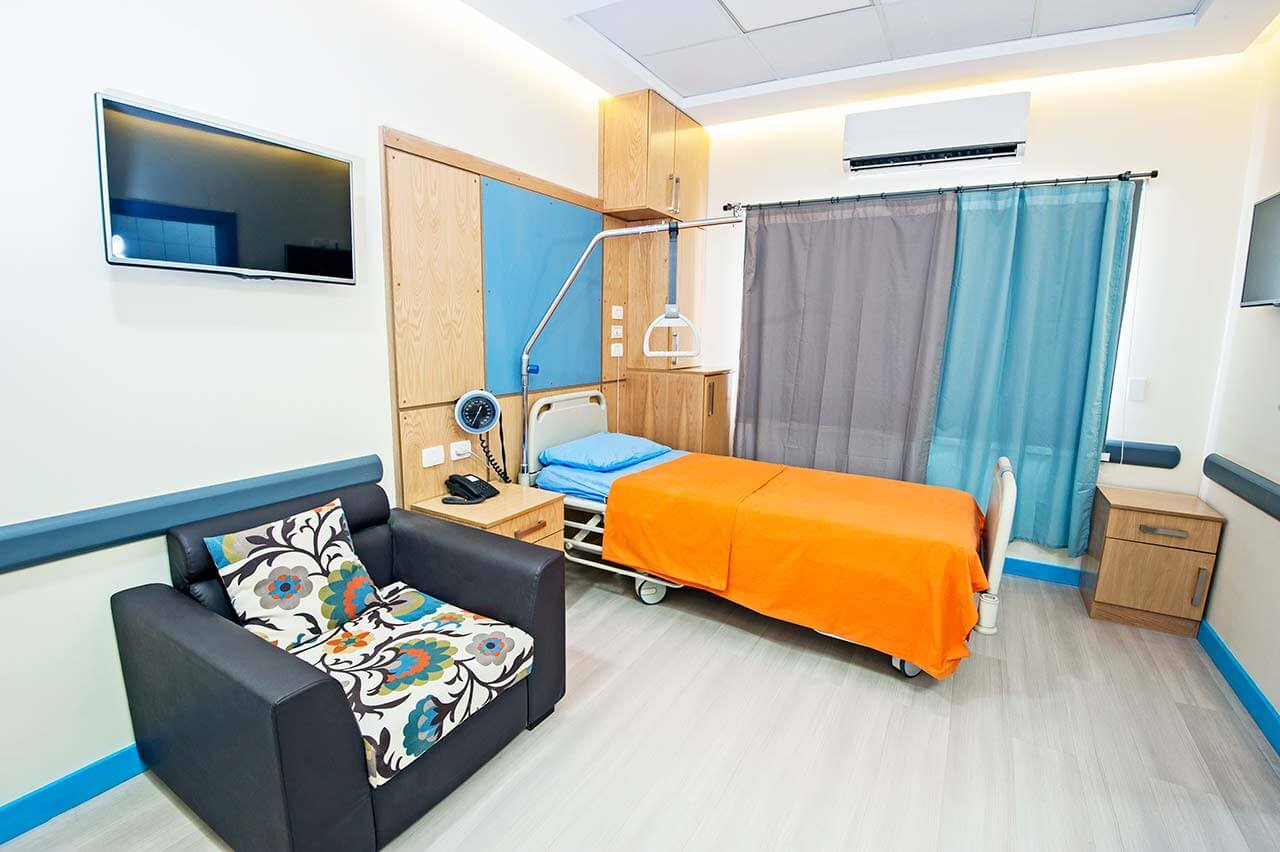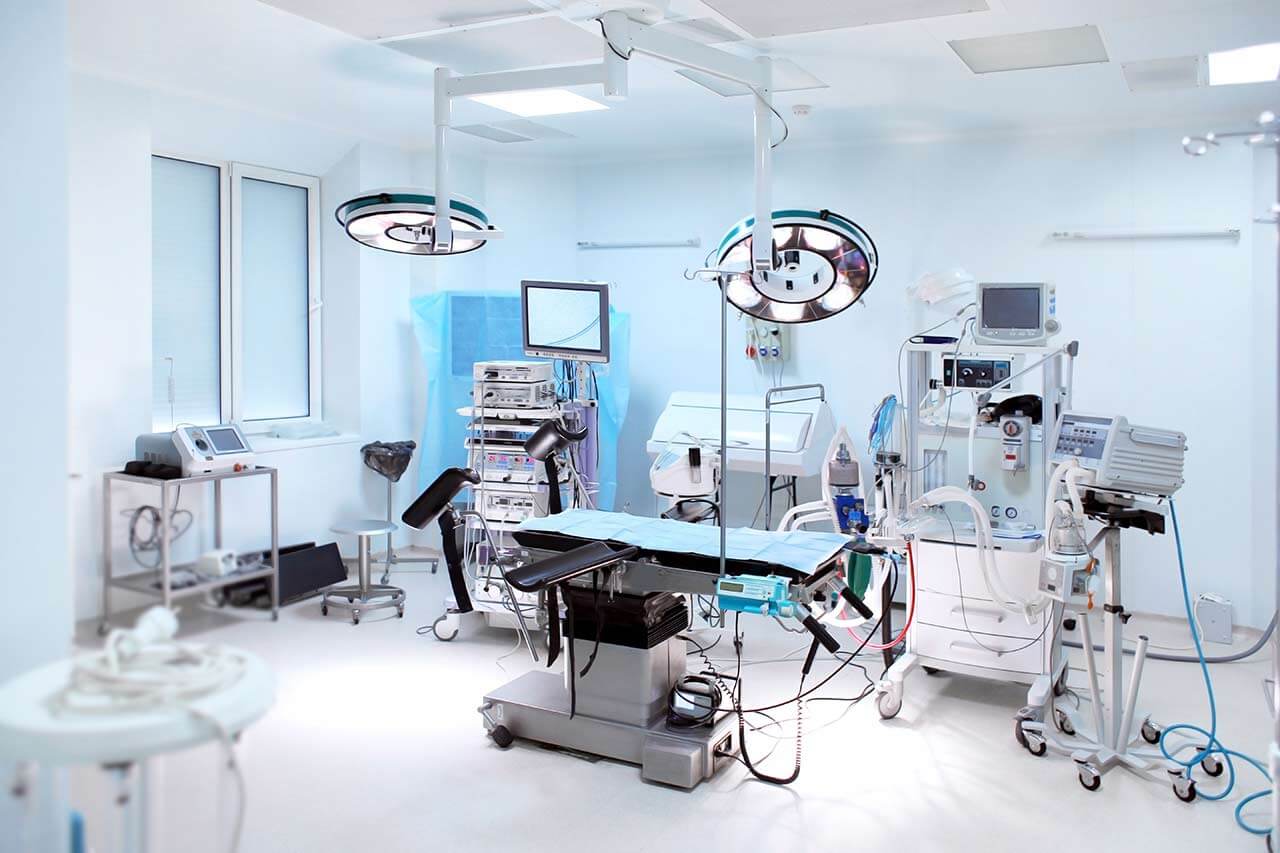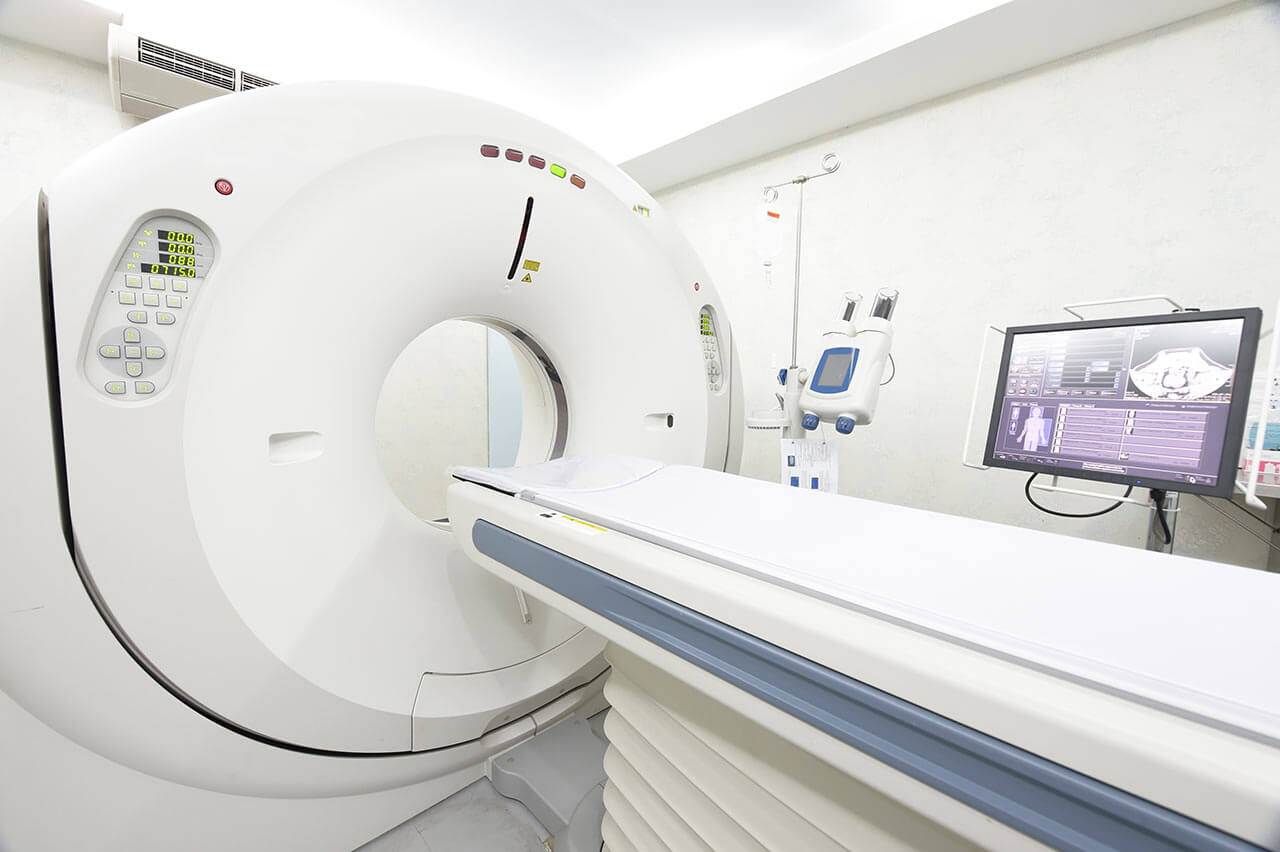
About the Department of Nephrology at University Hospital Carl Gustav Carus Dresden
The Department of Nephrology at the University Hospital Carl Gustav Carus Dresden offers the full range of diagnostic and therapeutic services for patients with kidney diseases, including especially severe ones. Of particular interest is the treatment of inflammatory (glomerulonephritis) and vascular (vasculitis) kidney diseases, as well as arterial hypertension. The department's specialists carry out all types of modern renal replacement therapy (dialysis). In addition, the department specializes in caring for patients with advanced kidney disease before and after kidney transplantation. The department provides medical care both on an inpatient or outpatient basis. In their work, doctors are guided only by up-to-date clinical protocols and follow the recommendations of professional societies, thanks to which they achieve high treatment success rates and restore the patients' health. The department is headed by Prof. Dr. med. Christian Hugo.
The department's doctors pay special attention to comprehensive counseling of patients, in particular, if a kidney transplant surgery is required. Renal replacement therapy is carried out within the specialized KfH Center that was founded in the department in 1969 and has a long tradition and tremendous experience in its area of specialization. The department offers excellent conditions for performing all modern types of dialysis at the highest level of university medicine. The department successfully performs hemodialysis, hemodiafiltration, hemofiltration, peritoneal dialysis and other types of renal replacement therapy.
The department's medical team is rightfully proud of its outstanding results in the treatment of glomerulonephritis. The pathology is characterized by autoimmune inflammation of kidney glomeruli, which impairs the kidneys' ability to filter blood. Glomerulonephritis can be acute and chronic, which determines the further treatment tactics. To make a diagnosis, the patient needs a comprehensive examination, including a general and biochemical blood test, a coagulogram, a clinical urine test, an enzyme-linked immunosorbent assay and kidney ultrasound scanning. In some cases, a kidney biopsy may also be required. Other diagnostic examinations are performed only as prescribed by the attending physician. Glomerulonephritis is usually treated on an inpatient basis. The patient is advised to rest in bed and restrict physical activities. The therapeutic process is based on the intake of medications prescribed with due consideration of a particular clinical case. The therapeutic protocol includes the intake of antibiotics, antiviral drugs, immunosuppressive drugs, medicines to eliminate edema and normalize blood pressure, and anticoagulants. Following a special diet and drinking regimen plays an important role in the treatment success. After the completion of the main course of treatment, regular examinations are required to monitor the patient's condition.
The department's main clinical focuses include:
- Diagnostics and treatment of polycystic kidney disease
- Diagnostics and treatment of glomerulonephritis
- Diagnostics and treatment of renal vasculitis
- Diagnostics and treatment of arterial hypertension
- Diagnostics and treatment of kidney failure
- Diagnostics and treatment of kidney stone disease
- Diagnostics and treatment of hematuria
- Diagnostics and treatment of pyelonephritis
- Diagnostics and treatment of interstitial nephritis
- Diagnostics and treatment of other kidney diseases
The department's therapeutic options include:
- Drug therapy for kidney diseases
- Renal replacement therapy (dialysis)
- Hemodialysis
- Hemodiafiltration
- Hemofiltration
- Home hemodialysis (including training of patients)
- Peritoneal dialysis
- Continuous outpatient peritoneal dialysis
- Continuous cycling peritoneal dialysis
- Intermittent peritoneal dialysis
- Peritoneal dialysis training at home
- Dialysis for patients with infectious diseases (for example, HIV, hepatitis C, etc.)
- Preparation and follow-up care after kidney transplant surgery
- Other medical services
Curriculum vitae
In 1982, Dr. med. Christian Hugo began studying physics. In 1983, he changed to the Faculty of Medicine at the Julius Maximilian University of Wuerzburg, where he studied Human Medicine until 1989. From 1989 to 1991, the doctor worked at the University Hospital Wuerzburg. This was followed by admission to medical practice (February 19, 1991) and his doctoral thesis defense on the subject: "The effect of aldosterone on the concentration of atrial natriuretic factor in certain areas of the brain: an experimental study on intact and adrenalectomized rats".
From 1991 to 1993, Prof. Christian Hugo worked in the Department of Nephrology at the University Hospital Erlangen-Nuremberg, and from 1993 to 1995, he had a scholarship program of the German Research Foundation. From 1995 to 1996, the doctor was engaged in research activities (Postdoctoral Fellow) in the Department of Pathology and Nephrology of the National Kidney Foundation of the University of Washington. In 1999, he defended his doctoral thesis on the subject: "The value of thrombospondin-1 in the pathogenesis of inflammatory kidney disease", Friedrich-Alexander University Erlangen-Nuremberg.
From 1996 to 2011, Dr. Hugo worked in the Department of Nephrology at the University Hospital Erlangen-Nuremberg. In 1998, he had his board certification in Internal Medicine and in 2001 in Nephrology. From 2001 to 2009, he worked as the Head of the Department of Nephrology and was also appointed to the position of Head of the Kidney Transplantation Program at the University Hospital Erlangen-Nuremberg. In April 2007, he was appointed as Visiting Professor for Nephrology and Hypertension. In 2009, Christian Hugo became W2 Professor for Nephrology in the Department of Nephrology at the University Hospital Carl Gustav Carus Dresden. Since 2014, the doctor has also been the Secretary General of the German Organ Transplantation Foundation.
Memberships in Professional Societies
- Since 1991 German Society of Internal Medicine.
- Since 1996 German Society of Nephrology.
- Since 2003 European Renal Association.
- Since 2004 Co-Editor of "Nephron Experimental Nephrology".
- Since 2008 German Organ Transplantation Foundation.
Awards
- 1991 Scientific Prize of the Franconian Research Foundation.
- 1996 Poster Award of the National Kidney Foundation.
- 1997 Poster Award of the German Society of Nephrology.
- 1998 Poster Award of the German Society of Internal Medicine.
- 2006 Poster Award of the German Society of Nephrology.
Photo: (с) depositphotos





